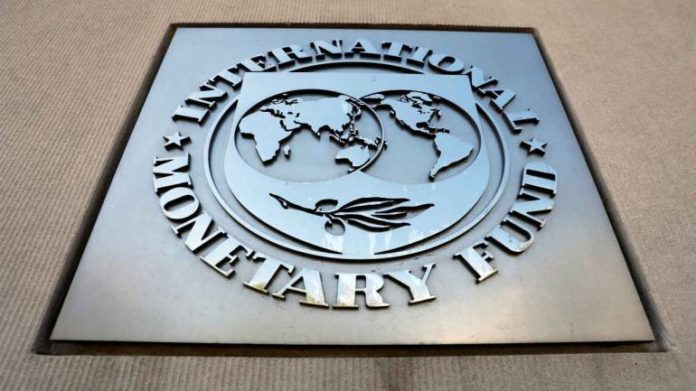Finance Minister Ken Ofori-Atta has indicated that government will consolidate the gains made from tough decisions taken under the Extended Credit Facility programme with the International Monetary Fund (IMF) to fast-track economic growth, even as it plans to exit the programme by year-end.
Presenting the 2019 Budget themed ‘A Stronger Economy for Jobs and Prosperity’ in Parliament, he said measures are being instituted to ensure irreversibility of the macroeconomic gains which have been made under the programme – including capping fiscal deficit, rationalising public expenditure, and minimising sole-sourcing.
“Notwithstanding exiting this current programme after successful completion, we will continue with our prudent management of the economy.
“Consequently, we will among others legislate a fiscal responsibility rule to cap the fiscal deficit to no more than 5 percent of Gross Domestic Product as part of measures to promote budget credibility and fiscal sustainability,” he said.
Mr. Ofori-Atta added: “We will implement expenditure efficiency and rationalisation measures to increase efficiency in public spending and free more fiscal space for growth-oriented and job-creating programmes.
“Government will also enforce the Public Procurement Act and ensure sole-sourcing is minimised to promote competition and efficiency in public spending, thereby promoting value for money.
Ghana in 2015, under the John Mahama-led administration, entered into an agreement with the International Monetary Fund for economic assistance ending with a funding support of US$918 million to be disbursed in eight tranches.
Conditions that accompanied the IMF support included the freezing of public sector employment, reducing budget deficit, and zero-financing of the budget deficit by the Bank of Ghana.
Forceful and sustained implementation of the program was essential to address the country’s macroeconomic imbalances and enhance investor confidence in view of downside risks at the time.
Although the IMF programme faced severe criticism because of the constraints it imposed on government and its effect on the economy, the Finance Minister described it as “necessary pill”, as the previous administration had lost its fiscal discipline and was left with little choice but to seek the bailout.
But in expressing gratitude to the IMF for their support over the years, he said government is determined to maintain a combination of economic discipline and vibrancy to ensure the economy will not have to be rescued in that manner in future.
Mr. Ofori-Atta said the focus of government in the last 22 months has been to clean the economic mess it inherited, with the restoration and sustainability of macroeconomic stability as the anchor for economic growth.
“Fiscal policy has been underpinned by increased revenue mobilisation, fiscal consolidation, and expenditure prioritisation,” he stressed.





